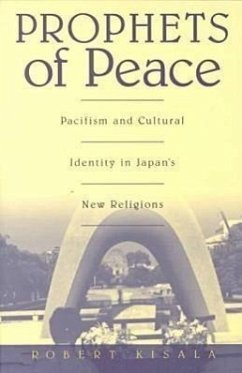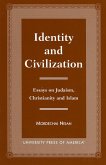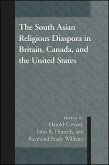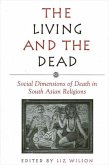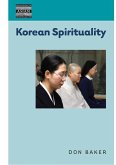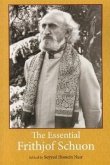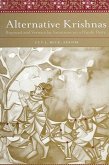This study, undertaken in the wake of the Persian Gulf War, looks at a representative group of Japanese New Religions and explores their concepts and practices of peace. Many draw on a tradition that emphasizes individual moral cultivation and use of prewar terms to describe their mission. One expression, hakko ichiu (literally, the whole world under one roof), conveys the ideal of world unity under Japanese direction, leading to the establishment of peace. In this way it is a prime example of the prewar idea of establishing peace through the spread of Japanese civilization. The author cites evidence pointing to the prevalence of a mistaken notion of the implications of the pacifist position, a situation that both reflects and contributes to the confusion surrounding popular debates on pacifism in Japan. Prophets of Peace is an attempt to correct that misperception by providing a critical study of the social ethic of the Japanese New Religions -- a topic that has been largely ignored in research on new religious movements worldwide. Focusing on six groups, Professor Kisala draws on the literature that presents their doctrine and surveys their believers to describe their approach to the question of peace. The results of this fieldwork are placed within the dual framework of Western peace studies and the modern Japanese intellectual tradition, highlighting the issues of pacifism and the cultural approach to peace in Japan. In his analysis of these results, he offers some observations on the role of religion in contemporary Japanese society and advocates a more positive engagement in the debate on Japan's role in international security arrangements.
Hinweis: Dieser Artikel kann nur an eine deutsche Lieferadresse ausgeliefert werden.
Hinweis: Dieser Artikel kann nur an eine deutsche Lieferadresse ausgeliefert werden.

